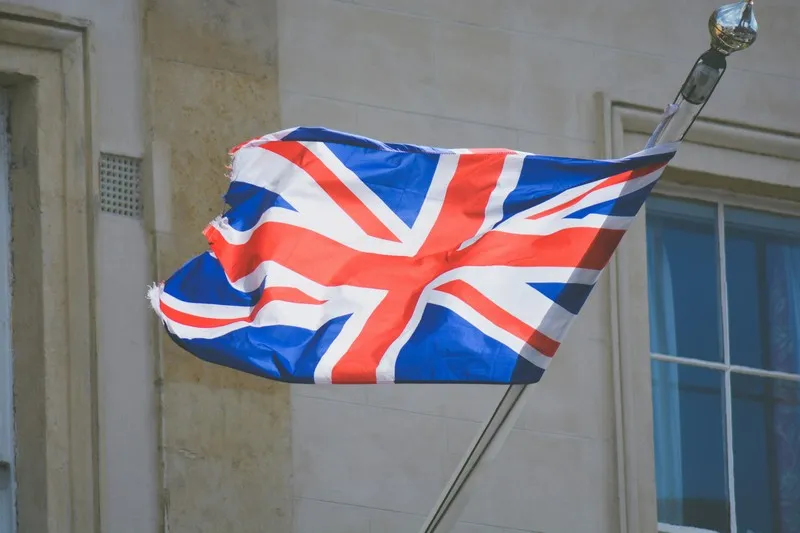Table of Contents
- Introduction
- Historical Context and Sociological Framework
- Churchill’s Class Position and Habitus
- Ideological Trajectory: From Liberal Radical to Conservative Bulldog
- War‑Time Leadership and State Power
- Domestic Reform and the Beveridge Moment
- Gender, Masculinity, and Political Performance
- Memory Politics and Churchillian Myth‑Making
- Sociological Assessment: Contradictions and Legacies
- Conclusion
Introduction
Winston Leonard Spencer Churchill (1874 – 1965) occupies a near‑mythic place in British and global political memory. More than five decades after his death, Churchill is simultaneously venerated as the archetypal wartime leader and condemned as an uncompromising imperialist whose racial views exacted catastrophic costs. This article explores Churchill’s politics through a sociological lens, moving beyond heroic or moralising biographies to situate his beliefs, strategies, and public reception within the structural forces that shaped twentieth‑century Britain. Rather than asking whether Churchill was “great,” we interrogate how and why his leadership resonated, what contradictions it embodied, and what legacies it bequeathed. The analysis foregrounds the interplay between individual agency and social structure.
Historical Context and Sociological Framework
Churchill’s life spanned an extraordinary epoch: the late Victorian zenith of empire, two world wars, the interwar depression, decolonisation, and the first stirrings of Britain’s post‑industrial transition. Each conjuncture reorganised class relations, reconfigured political cleavages, and demanded ideological realignment. A sociological reading of Churchill’s career therefore pays close attention to how macro‑level transformations set the parameters within which he could act.
Three structural processes are particularly significant:
- Imperial contraction – The gradual erosion of British hegemony generated anxiety among governing elites and intensified debates over the morality and cost of empire.
- Democratisation – The widening of the franchise (notably in 1918 and 1928) enfranchised the working classes and women, compelling parties to craft broader appeals and adapt their organisational machinery.
- Welfare state formation – The crises of interwar unemployment and total war fostered a cross‑party consensus around social security and public health provision, challenging laissez‑faire orthodoxies.
The analytical framework employed here draws on Pierre Bourdieu’s concept of habitus to interpret Churchill’s dispositions, Max Weber’s typology of authority to understand his charismatic appeal, and Antonio Gramsci’s notion of hegemony to assess how ruling ideas are reproduced or revised under pressure.
Britain’s Social Structure, 1874 – 1965
When Churchill was born, Britain’s ruling class was still predominantly landed‑aristocratic, although increasingly interlaced with imperial finance and industrial capital. Urban workers and colonial subjects populated the empire’s productive periphery while shouldering its burdens. By Churchill’s final premiership (1951 – 55) the aristocracy was in fiscal retreat, organised labour sat at the policy table, and anti‑colonial movements undermined the empire’s revenue streams. These shifts form the macro‑backdrop against which Churchill fashioned his politics.
Churchill’s Class Position and Habitus
Churchill was the grandson of the 7th Duke of Marlborough and thus embedded in the apex of Britain’s status hierarchy. Yet the Churchill branch of the family possessed more prestige than income, producing in young Winston an acute awareness of both the symbolic power of lineage and the precarity of aristocratic wealth. Educated at Harrow and the Royal Military College, Sandhurst, rather than the classical Oxbridge route, he internalised a martial ethos centred on courage, honour, and service to crown and flag. Bourdieusian analysis suggests that Churchill accumulated substantial social and cultural capital—elite connections, literary fluency, military honours—which he later converted into political capital.
This socialisation fostered three enduring political reflexes:
- Patrician paternalism – a conviction that the upper classes were trustees of national destiny and therefore bore responsibility for the welfare of “their people,” provided entrenched hierarchy remained intact.
- Romantic imperialism – an imaginative attachment to empire as a stage for personal and national grandeur, evidenced by his early participation in colonial campaigns on the North‑West Frontier and in Sudan.
- Anti‑socialist animus – a visceral suspicion of class‑based redistribution, which he conflated with disorder and cultural decline.
Understanding these reflexes clarifies why Churchill could support selective social reforms while fiercely opposing structural challenges to property relations.
Ideological Trajectory: From Liberal Radical to Conservative Bulldog
Churchill’s partisan zig‑zags—crossing the floor from Conservative to Liberal in 1904, back to Conservative in 1924, and briefly positioning himself as a “Constitutionalist” in between—reflect both principle and pragmatism. Sociologically, the key is to examine how each move adjusted his location within emergent political coalitions:
- 1904 – 14 (New Liberalism) – As Liberal President of the Board of Trade and later Home Secretary, Churchill endorsed labour exchanges, unemployment insurance, and progressive taxation. These reforms sought to forestall socialist upheaval by integrating sections of the working class into a reformed capitalist order.
- 1915 – 22 (Coalitionist and Interwar Improviser) – Wartime coalition blurred partisan boundaries; Churchill cultivated cross‑class patriotic symbolism while resisting Irish independence and women’s suffrage.
- 1924 onwards (Conservative Imperialist) – Returning to the Conservatives, he championed hard money, anti‑union legislation, and empire preservation, casting Labour as existential threat.
The underlying continuity is an elite survival strategy: limited concessions to social justice when necessary, coupled with robust defence of imperial and property privilege.
War‑Time Leadership and State Power
Get the full article AD FREE. Join now for full access to all premium articles.
View Plans & Subscribe Already a member? Log in.





